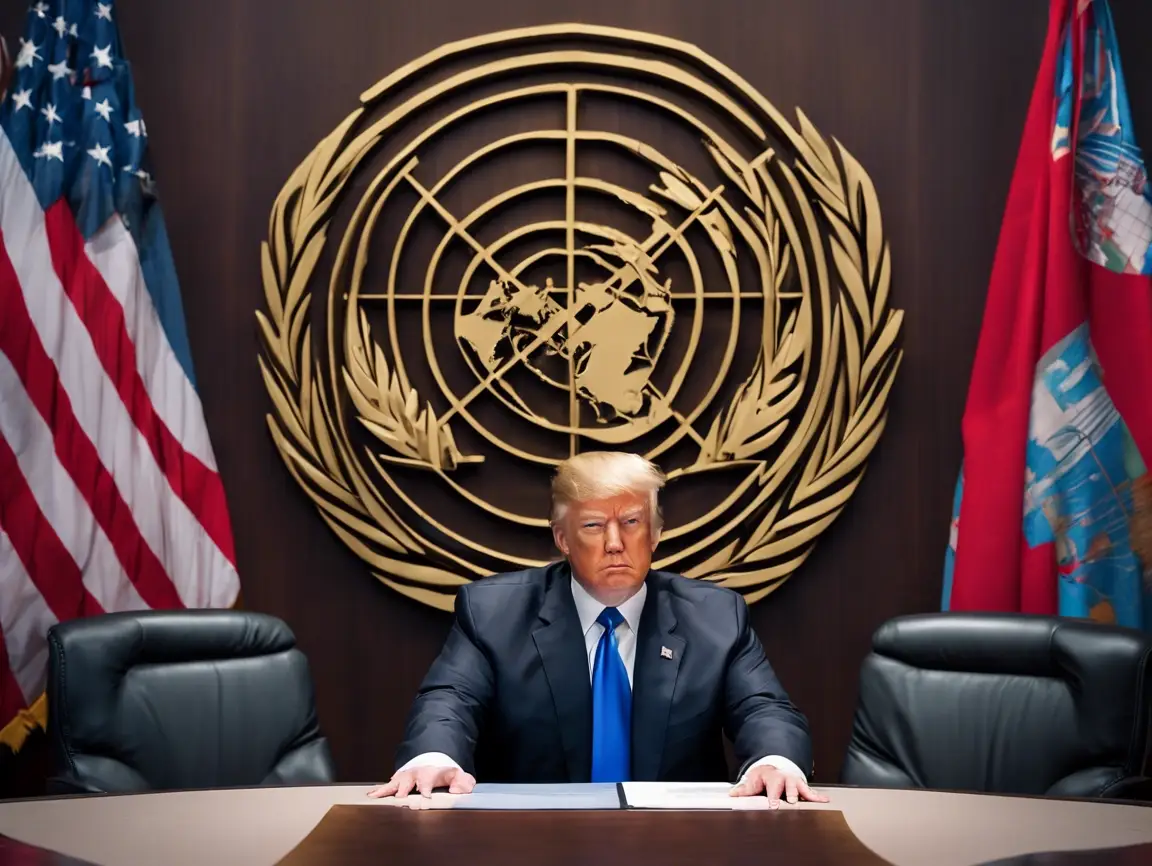Trump Administration’s Plan to Withdraw from WHO Sparks Debate
Understanding the Decision for a Possible WHO Exit
The Trump administration is reportedly evaluating a rapid withdrawal from the World Health Organization (WHO). Prompted by allegations of mismanagement during global health crises, the move is reigniting debates over the international body’s role and efficiency. The idea to leave the WHO follows previous criticisms citing its perceived biases and failures to hold certain nations accountable.
Potential Implications of a Swift Withdrawal
Experts are raising red flags regarding the decision, suggesting that it could lead to significant global and domestic consequences. Key concerns highlighted include:
- Loss of influence: Stepping out of the WHO could diminish the U.S.’s ability to shape global health policies.
- Disrupted alliances: It may strain relationships with allied countries that rely on the organization’s collaborative efforts.
- Public health risks: Critics warn that withdrawal could impact global disease control mechanisms, especially in poorer nations.
Expert Critiques of the Plan
Global health specialists argue that pulling out of the WHO might create a void in leadership, which could be filled by nations less committed to transparency and collaborative healthcare strategies. They also caution that such a step could isolate the U.S. from vital data-sharing networks during outbreaks, weakening domestic pandemic preparedness.
Broader Impact on Healthcare Funding
The U.S. is one of the largest contributors to the WHO’s budget. A sudden exit could leave critical programs underfunded, disrupting initiatives aimed at eradicating diseases like polio and malaria.
What This Means for Global Health Governance
As the debate continues, the Trump administration’s approach underscores a broader trend of growing skepticism toward international organizations. This decision could set a precedent for other nations and influence the future of global health governance.
Conclusion
The potential U.S. withdrawal from the WHO could have far-reaching implications for both global health and domestic preparedness. While the Trump administration’s criticism of the organization has sparked necessary conversations about reform, experts caution that abandoning the WHO may ultimately do more harm than good. For now, the world is left to ponder what the outcomes of this decision might mean for global health stability.
“`







